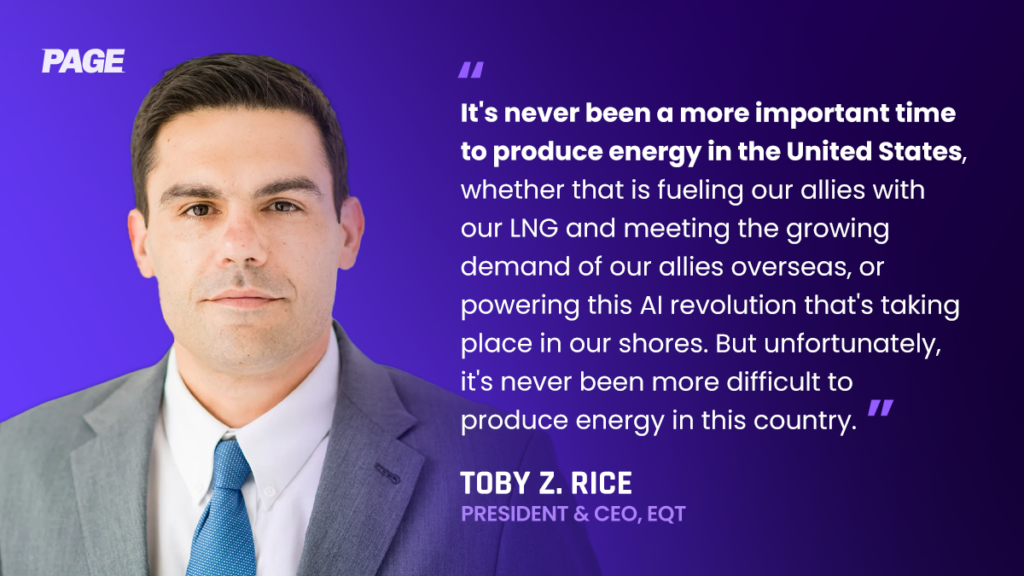U.S. Natural Gas Should be Leveraged to Uphold our Responsibilities to Americans, our Allies, and the Climate
WASHINGTON (December 18, 2024) – Today, the Partnership to Address Global Emissions (PAGE) issued the below statement in response to the Department of Energy (DOE) releasing its study on liquefied natural gas (LNG) exports that will affect the guidance used to review and approve LNG export authorizations.
We share DOE’s view that climate progress, energy security, and the cost of living are critical factors to determine whether additional natural gas exports are in the public interest. Unfortunately, this study is inconsistent with the consensus of independent studies, including past DOE studies, showing U.S. LNG exports meet those criteria. The reality is the U.S. maintains an abundance of recoverable natural gas and must leverage it to uphold our responsibilities to U.S. consumers, our allies, and the climate.
PAGE looks forward to filing public comments with DOE on their study findings and engaging with both the current and incoming administrations to ensure that the LNG export approval process is timely and properly considers U.S. LNG’s benefits to the public interest.
Background:
The U.S. LNG value chain supported 222,450 jobs and $23.2 billion in labor income last year. And a landmark new study out this week from S&P Global concludes U.S. LNG export growth through 2040 will support nearly 500,000 jobs and that our tremendous natural gas resources have supported U.S. domestic natural gas production growth of over 40 bcf/d since 2010, dwarfing LNG export growth by a 3 to 1 ratio, while driving a sustained reduction in U.S. prices.
Additionally, a 2024 Congressional Research Service report shows that domestic natural gas prices remained stable while the U.S. grew from zero LNG exports in 2015 to becoming the world’s largest exporter. This price stability occurred despite the DOE previously warning that prices could increase as much as 54%.
Natural gas has proven to reduce emissions by replacing coal in the U.S. In fact, the International Energy Agency found coal-to-gas switching continued to be responsible for the largest emissions reductions in the U.S. power sector in 2023, a dynamic that can and should be deployed around the world. A 2024 study from ICF International concluded that without U.S. LNG exports abroad, global GHG emissions would have increased in 2022 by over 112 million metric tons, mostly produced by coal. The same study shows that without U.S. LNG exported abroad, 88% of that energy would be replaced with higher emitting fuels (54% coal and 34% fuel oil). And if the Energy Information Administration’s expectation that U.S. LNG exports increase 74% by 2030 is correct, U.S. LNG would be responsible for a reduction of 194 million tons of CO2e per year.
U.S. LNG also plays an essential role in ensuring energy security for our closest allies that remain vulnerable to geopolitical aggression. Russian gas – which comprised 18% of EU gas imports in the first half of 2024 and outpaced U.S. gas imports – will not be fully displaced until we commit to providing Europe with a more secure supply of energy. EU Commission President Ursula von der Leyen recently echoed this sentiment by highlighting U.S. LNG as an ideal solution to replace Russian gas.
About PAGE
The Partnership to Address Global Emissions (PAGE) is a coalition of responsible energy companies, allied NGOs, labor unions and leading climate advocates dedicated to reducing global emissions by promoting U.S. policies that protect the climate, strengthen the economy, lower energy costs and bolster energy security through the production and export of cleaner natural gas. Learn more at https://www.pagecoalition.com/.

